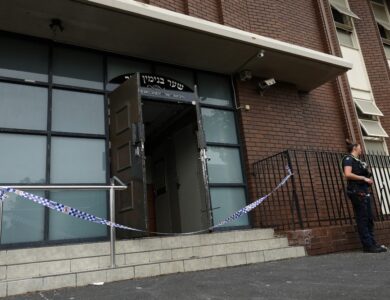North Korean Balloons Disrupt Operations at Seoul Airports, Cause Runway Closures

Seoul: Since June, South Korea has been compelled to repeatedly close runways at Seoul’s two major airports, Incheon and Gimpo, due to disturbances caused by North Korean balloons filled with trash, according to a South Korean lawmaker on Wednesday, who cited aviation records.
Democratic Party lawmaker Yang Bu-nam revealed in a statement that over the span of 20 different days since June 1, multiple runways at both airports were shut down for landings, takeoffs, or in some cases, both. These closures were initiated whenever the balloons were spotted near the airports. In total, these disruptions accumulated to 413 minutes of lost operations.
North Korea has reportedly sent more than 5,500 balloons loaded with trash across the border since late May. This action is seen as retaliation for South Korean activists launching propaganda leaflets into the North. The balloons, carried by wind, have landed in various locations in the South, including near the presidential office and on airport runways.
Although authorities have safely removed most of the balloons without significant incident, some have caused disruptions in air traffic and even minor fires. The most notable disruption occurred on June 26 when Incheon Airport’s runways were closed for 166 minutes in total, the longest shutdown within a 24-hour period. This week on Monday, Incheon, a major international gateway and cargo hub, saw another suspension of operations for 90 minutes, affecting both takeoffs and landings.
In addition to Incheon, operations at Gimpo Airport, which serves mainly domestic flights, have also been interrupted by the balloon activity. According to an airline official, the ongoing balloon campaign has complicated flight planning, forcing planes to carry extra fuel in case of delays or redirections to alternative airports.
An official from the aviation authority noted that runway closures occur every time a balloon is detected, but decisions are based on overall conditions rather than their exact proximity to the airports.
South Korea’s military has been monitoring the balloon launches using surveillance tools but has refrained from shooting them down, citing safety concerns. Some lawmakers and civic groups have called for stronger action. On Monday, the military stated it was prepared to take “stern military action” if North Korea escalates further, though it didn’t provide specifics.








